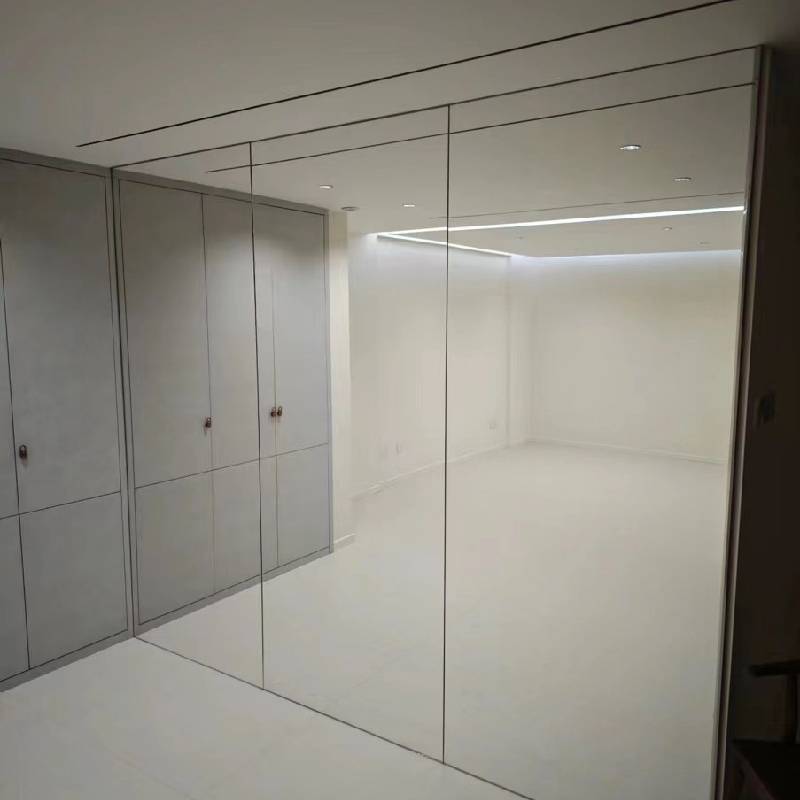

Understanding 3mm Float Glass Applications and Benefits
Float glass, known for its clarity and uniform thickness, plays a vital role in various industries and architectural applications. One of the most common specifications for float glass is 3mm thickness, which strikes an ideal balance between strength, weight, and versatility. This article delves into the characteristics, applications, and benefits of 3mm float glass.
What is Float Glass?
Float glass is a type of flat glass that is manufactured using the float process, a method developed in the 1950s that revolutionized glass production. In this process, molten glass is floated on top of molten tin, resulting in a smooth, even surface with minimal impurities. The glass produced is crystal clear and can be cut to various sizes for different applications. The standard thicknesses of float glass range from 2mm to over 19mm, with 3mm glass being a popular choice for a multitude of uses.
Characteristics of 3mm Float Glass
3mm float glass exhibits several desirable attributes 1. Transparency The clarity of 3mm float glass allows maximum light transmission, making it an excellent choice for settings where visibility is essential. 2. Uniformity The float process creates a consistent thickness and smooth surface, which is crucial for applications requiring precise dimensions. 3. Weight At 3mm, the glass remains lightweight, which facilitates easier handling and reduces the structural load on buildings and installations.
Applications of 3mm Float Glass
Due to its unique characteristics, 3mm float glass is utilized in a variety of applications
1. Windows and Glazing It is commonly used in residential and commercial windows, allowing natural light to enter while providing a clear view of the outside. Its lightweight nature also makes it suitable for skylights and façade panels.
2. Mirrors 3mm float glass can be silvered to produce mirrors, making it a standard material in the mirror manufacturing industry.

4. Partitions and Dividers In modern office spaces, 3mm float glass is frequently used to create glass partitions that promote an open feel while providing separate working areas.
5. Display Cases Retail environments use 3mm float glass in display cases to enhance the visibility of products, ensuring that they remain well-lit and easily viewable.
Benefits of Using 3mm Float Glass
Using 3mm float glass presents several advantages
1. Cost-Effective Compared to thicker glass options, 3mm float glass is generally more affordable, making it a budget-friendly choice for various projects.
2. Versatility With its range of applications, 3mm float glass is suitable in multiple environments, from private homes to commercial spaces and beyond.
3. Eco-Friendly Options Many manufacturers offer eco-friendly float glass options, which are made from recycled materials and are recyclable, aligning with sustainability goals.
4. Customization 3mm float glass can be easily processed, allowing for customization in terms of shapes, sizes, and finishes, catering to specific design needs.
Conclusion
3mm float glass is a versatile and economically viable material that fulfills numerous functions across various domains. Its combination of clarity, lightweight nature, and flexibility make it a favored choice for architects, designers, and manufacturers alike. As industries continue to evolve, the demand for high-quality float glass remains significant, ensuring that products like 3mm float glass will continue to be essential in the construction and design landscapes.